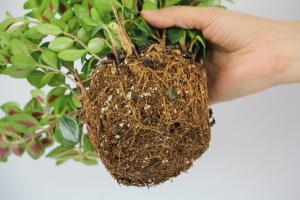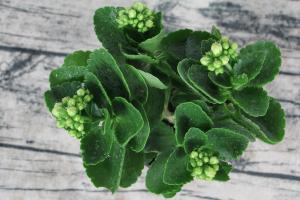What Does a Plant-Based Diet Consist Of?
When it comes to nutrition, there are many different approaches people take to maintain a healthy lifestyle. One such approach is a plant-based diet. This type of diet avoids all animal products and focuses on consuming foods that come from plants. Here is a breakdown of what a plant-based diet consists of.
Fruits and Vegetables
The majority of a plant-based diet consists of fruits and vegetables. These foods are full of vitamins, minerals, and fiber that are essential to keeping the body healthy. Dark leafy greens, such as kale and spinach, are particularly nutrient-dense and should be consumed regularly. A variety of brightly colored fruits, such as berries and citrus, should also be incorporated.
Whole Grains
Whole grains are another important component of a plant-based diet. These include foods like brown rice, quinoa, oats, and whole wheat bread. Whole grains provide a great source of complex carbohydrates that give the body sustained energy to power through the day. They are also high in fiber, which promotes digestive health.
Legumes
Legumes such as lentils, chickpeas, and beans are a vital source of protein and iron for those following a plant-based diet. They are affordable, versatile, and easy to prepare. Incorporating legumes in meals can help sustain energy throughout the day and aid in muscle recovery after exercise.
Healthy Fats
A plant-based diet focuses on consuming healthy fats from sources like nuts, seeds, and avocados. These fats are beneficial for brain function, skin health, and promoting satiety. Incorporating these healthy fats into meals can also help to reduce inflammation in the body.
Avoiding Processed Foods
A plant-based diet focuses on whole and minimally processed foods. This means avoiding foods that have been heavily processed, such as packaged snacks and processed meats. These foods are often full of empty calories, unhealthy fats, and artificial ingredients that have negative health implications.
The Benefits of a Plant-Based Diet
There are numerous benefits to following a plant-based diet. Studies have shown that it can help to reduce inflammation in the body and reduce the risk of chronic diseases such as heart disease and type 2 diabetes. It can also aid in weight loss and improve overall energy levels.
The Bottom Line
A plant-based diet consists of whole, nutrient-dense foods that come from plants. Incorporating a variety of fruits, vegetables, whole grains, and legumes can provide the body with the essential nutrients it needs to thrive. By avoiding processed foods and focusing on whole foods, individuals can experience the many benefits of a plant-based diet.

 how many times do yo...
how many times do yo... how many planted tre...
how many planted tre... how many pine trees ...
how many pine trees ... how many pecan trees...
how many pecan trees... how many plants comp...
how many plants comp... how many plants can ...
how many plants can ... how many plants and ...
how many plants and ... how many pepper plan...
how many pepper plan...
































